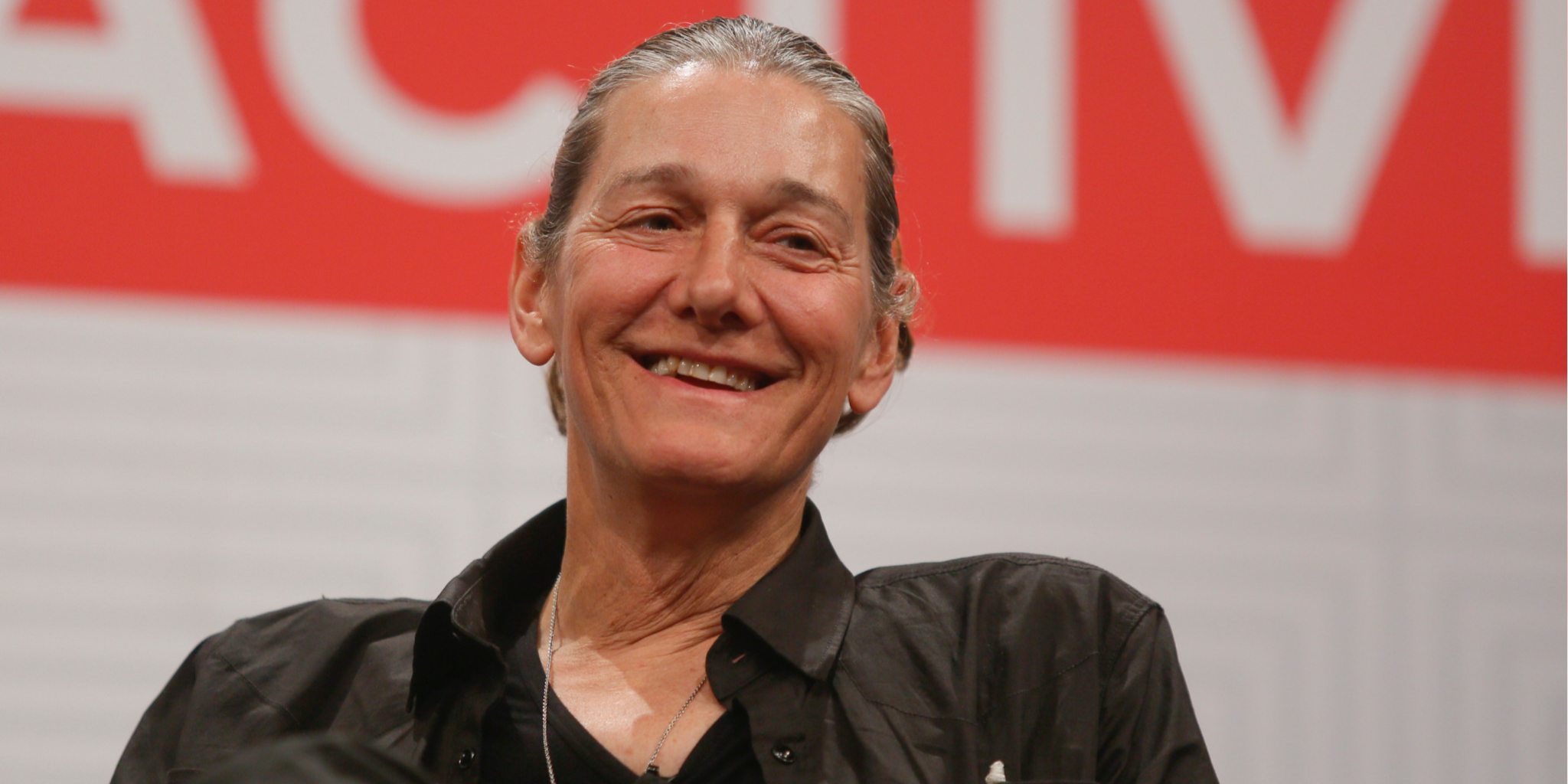
United CEO Martine Rothblatt
With pipeline setbacks mounting, United snares priority voucher for inhaled formulation of PAH med Tyvaso
Despite a big lead in pulmonary arterial hyptertension, United Therapeutics is under the gun as it looks to stave off competitors and build a successful …
Sign up to read this article for free.
Get free access to a limited number of articles, plus choose newsletters to get straight to your inbox.